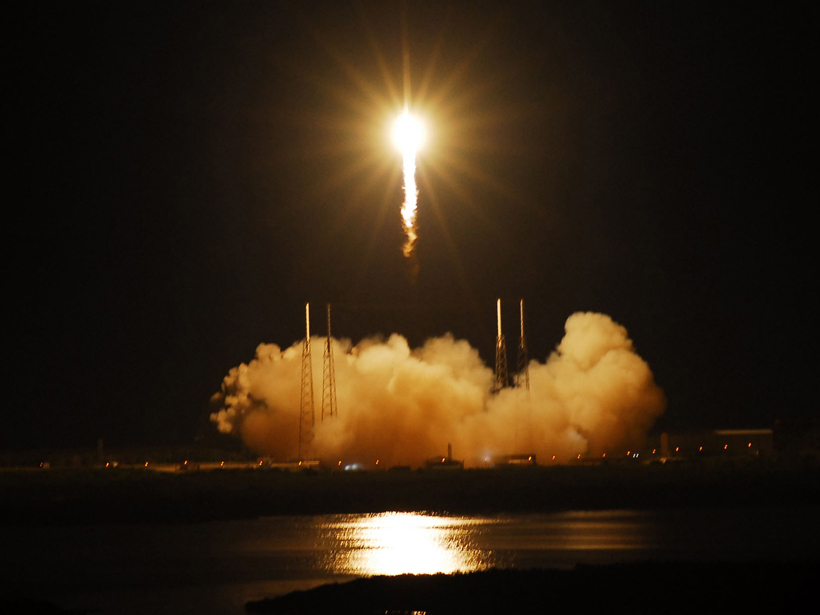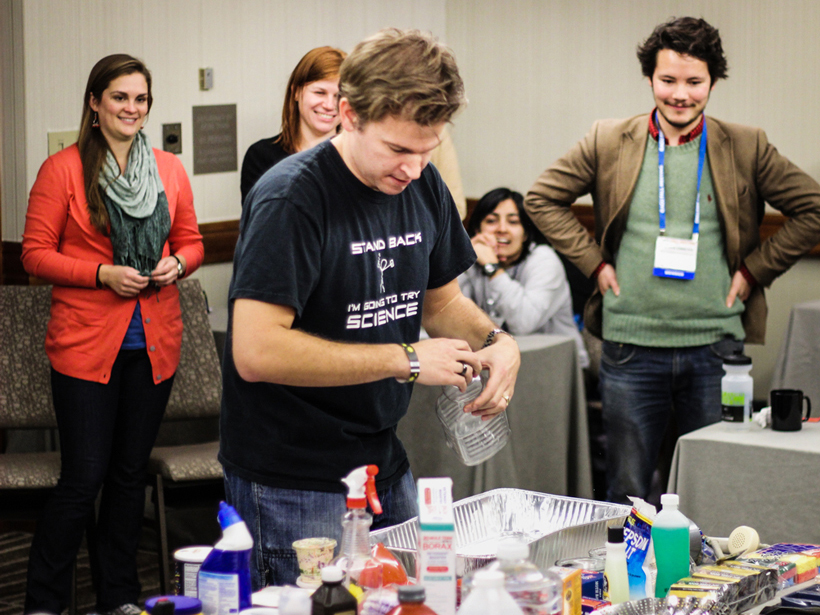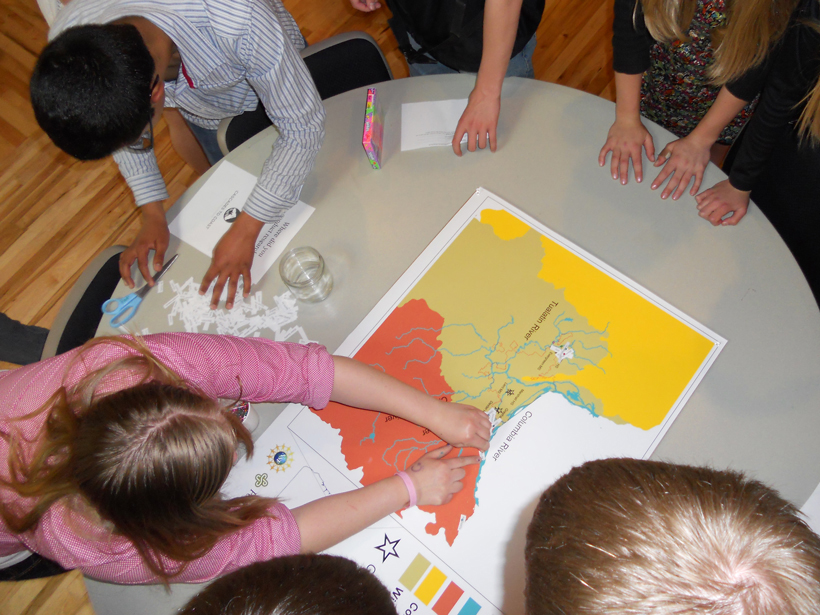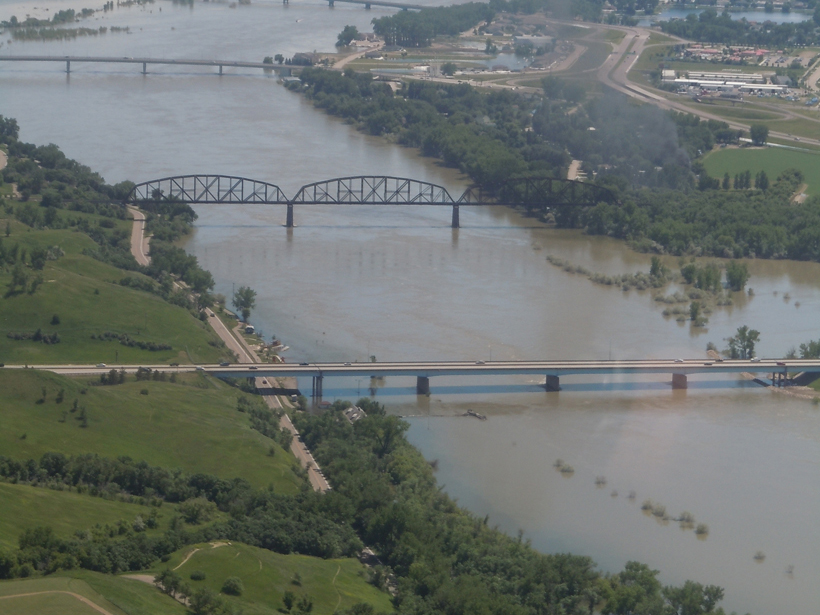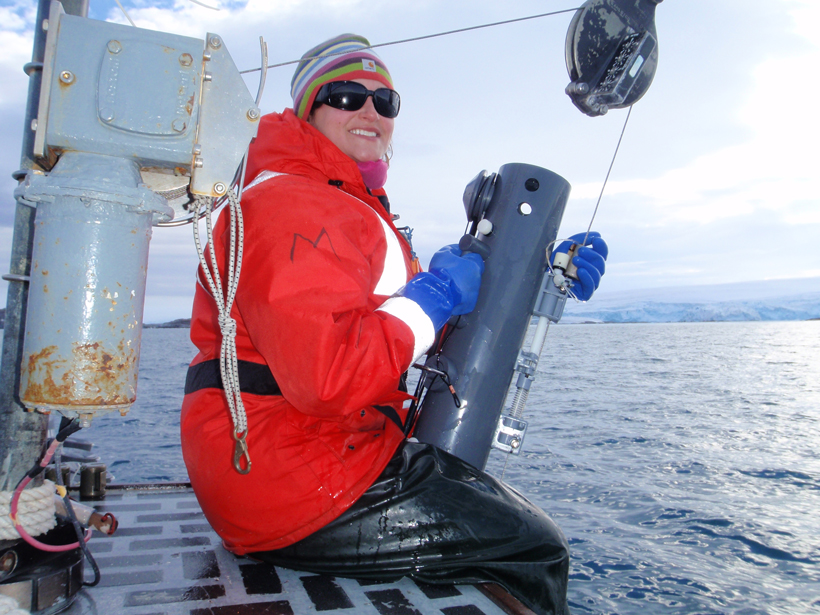Collaboration between the scientific society and the educational organization aims to foster research opportunities and diversity in undergraduate geoscience education.
academia
United States Still First in Science, Tech Research Spending
Although federal funding of science and engineering research has fallen behind inflation, private sector investment remains high, reports the U.S. National Science Board in its latest update.
Creating Community for Early-Career Geoscientists
Student involvement in geoscience unions: A case study from hydrology
Next-Generation Scientists Get a Taste of Their Future Careers
High school and middle school students mingled with scientists from all over the world when they presented their posters at the Joint Aquatic Sciences Meeting.
The Importance of Data Set Provenance for Science
Data do not exist in a vacuum. To be useful, data must be accompanied by context on how they are captured, processed, analyzed, and validated and other information that enables interpretation and use.
What Is the Anthropocene?
Geologists must consider whether the Anthropocene is a specific segment in the continuum of time or a holistic concept.
Celebrating Hydrology Research Though 50 Years of WRR
The legacy of Water Resources Research provides a strong scientific foundation for the hydrology community to rise to the challenges of sustainable water resources management
Teaching the Art and Science of Getting Research Funding
National Science Foundation–funded EDventures program delivers successful training in proposal writing to graduate students and postdocs.
Students with Disabilities Not Just Welcome but Expected
A geoscience study-abroad program breaks new ground in the United States by planning the course's curriculum from the get-go to include students with disabilities.
Water Resources Research at 50: Journal's Lasting Impact Expected to Grow
Editors discuss the importance, influence, and evolution of the American Geophysical Union's hydrological research journal, covering one of our planet's most complex and precious resources.


